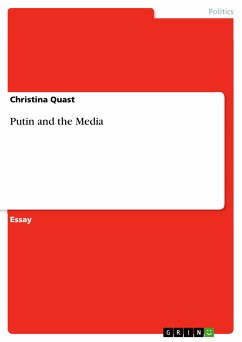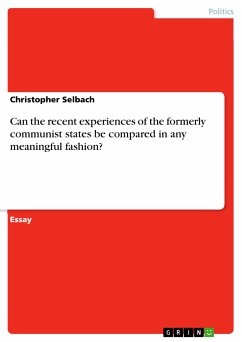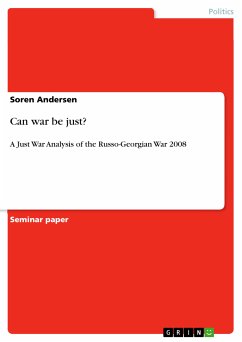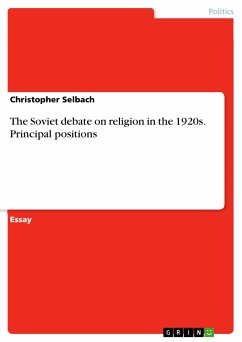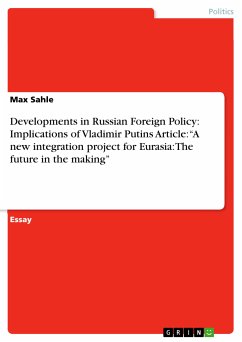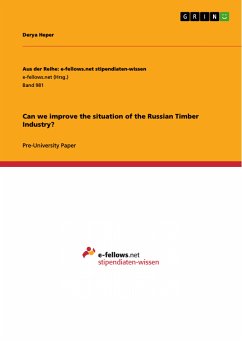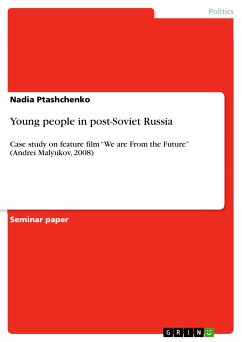Essay from the year 2006 in the subject Politics - Region: Russia, grade: A, University of Tartu, course: Post-Soviet Transformation in Russia, language: English, abstract: Nowadays the fate of Mikhail Khodorkovsky is the prime example for the crackdown on the oligarchs in Russia under president Vladimir Putin. In 2003, the head of the Yukos oil company was arrested and sentenced to several years in prison. However, such actions against the oligarchs started long before the well-known Khodorkovsky case, immedaitely after Putin was elected. Among the first attacked oligarchs were two men who owned media empires. Vladimir Gusinsky and Boris Berezovsky were pressured to give up or close their Kremlin-critical television stations. For this reason the essay on hand deals with the argument that Putin's crackdown on the oligarchs has worsen the press freedom in Russia. Firstly a short overview of the media development under president Boris Yeltsin is given to point out that the Russian media was not completely free compared to Western standards. Then the necessary facts of the Gusinsky and Berezosky case are described and afterwards the short-term and long-term results concerning press freedom are analysed. The topic of the essay will show that the actions against the oligarchs had strong negative effects on the media because press freedom is an initial feature of democracy. A free media is can act as a fourth power by checking the state authorities and contribute to build up a civil society, especially necessary in Russia where corruption, organised crime and poverty as well are urgent problems.
Bitte wählen Sie Ihr Anliegen aus.
Rechnungen
Retourenschein anfordern
Bestellstatus
Storno

